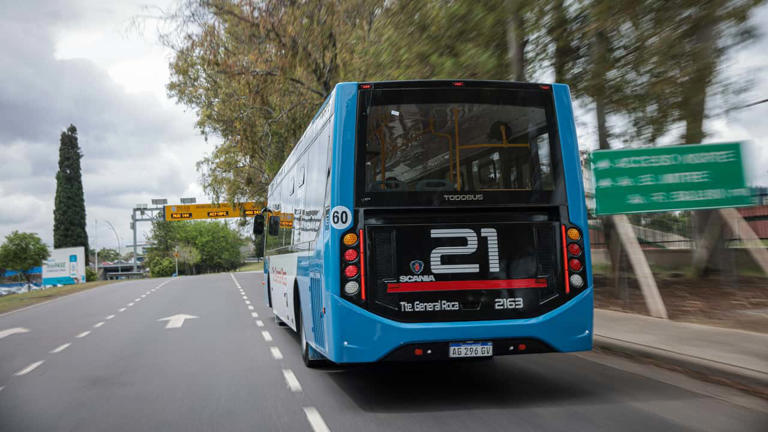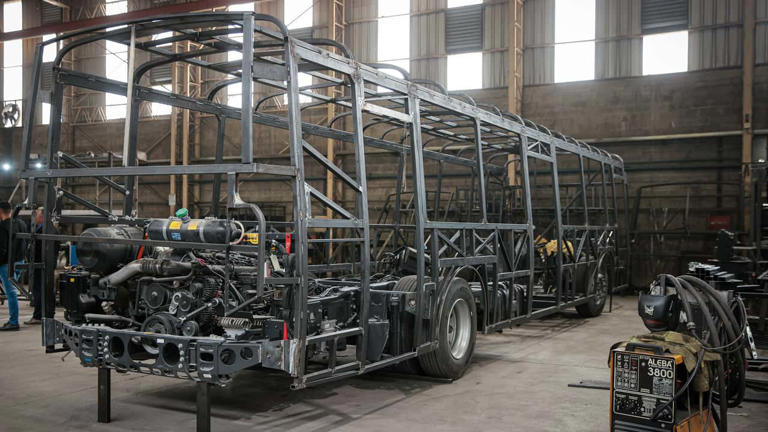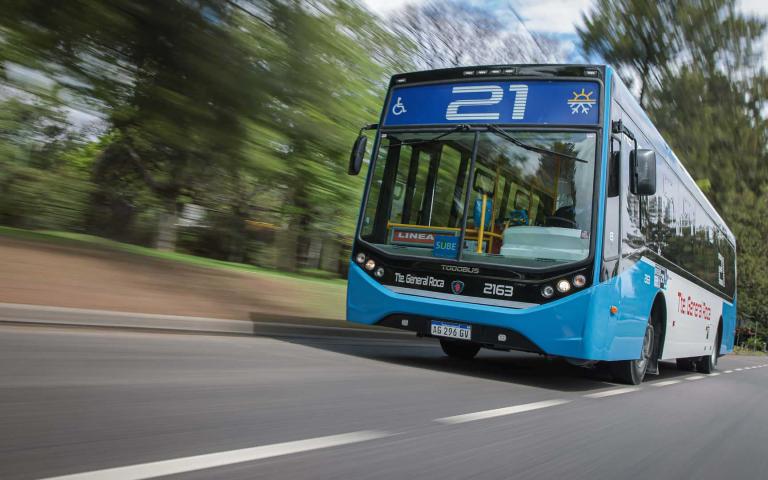Good news for urban transport in Argentina! In a significant move to improve mobility in the Buenos Aires Metropolitan Area, Scania Argentina has made an important delivery of 26 new urban bus units to the Dota Group. These vehicles will be assigned to Line 21, a crucial service that connects the south and north of Buenos Aires, covering an impressive daily journey of more than 500 kilometers.
The interesting thing here is that the low-floor Scania K250 4×2 chassis have been chosen for this task. These vehicles stand out not only for their design suitable for the urban environment, but also for their efficiency in fuel consumption, something essential in suburban operations that involve long journeys, including access to highways. In addition, these buses have a 9-liter engine and a 6-speed ZF automatic gearbox, which optimizes their performance and efficiency.

This is not Dota's first rodeo with Scania, as they had previously acquired 11 articulated units from the brand more than a decade ago, which are still in service. This track record demonstrates the reliability and satisfaction with the performance of Scania vehicles.
Scania not only focuses on vehicle delivery, but also provides a personalized maintenance service through Bus Technical Advisors. These experts work hand in hand with Dota technicians to ensure optimal operation of the units. This focus on regular support and maintenance, including taking advantage of night shifts so as not to disrupt service, demonstrates Scania's commitment to its customers and the end-user experience.

What stands out about Scania is its focus on continually improving the efficiency and technology of its vehicles. In the case of these urban buses, the Swedish brand has demonstrated its ability to adapt and improve in terms of efficiency and sustainability, characteristics that are increasingly in demand in urban public transport.
In summary, the delivery of these 26 new Scania urban buses to the Dota Group marks a significant step forward in the modernization and efficiency of urban transportation in Buenos Aires. This advancement not only improves the quality of transportation service, but also sets a standard of performance and sustainability for the future of public transportation in the region.

